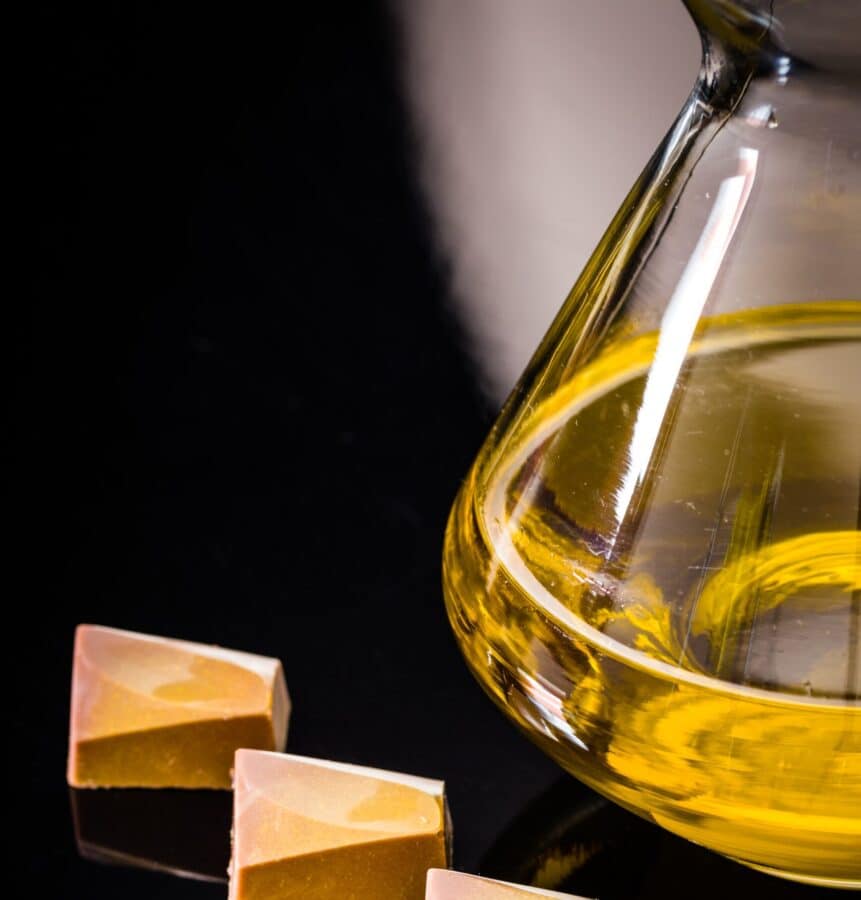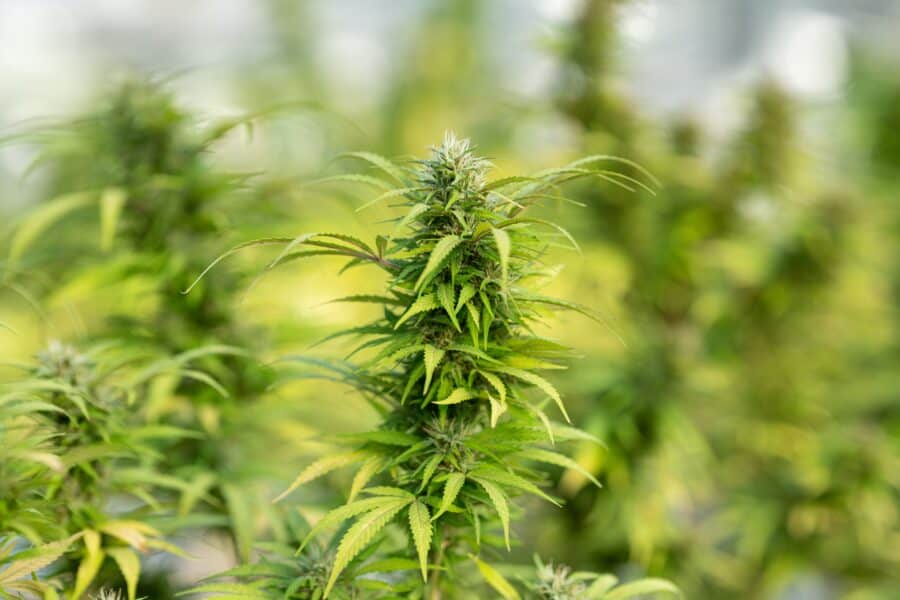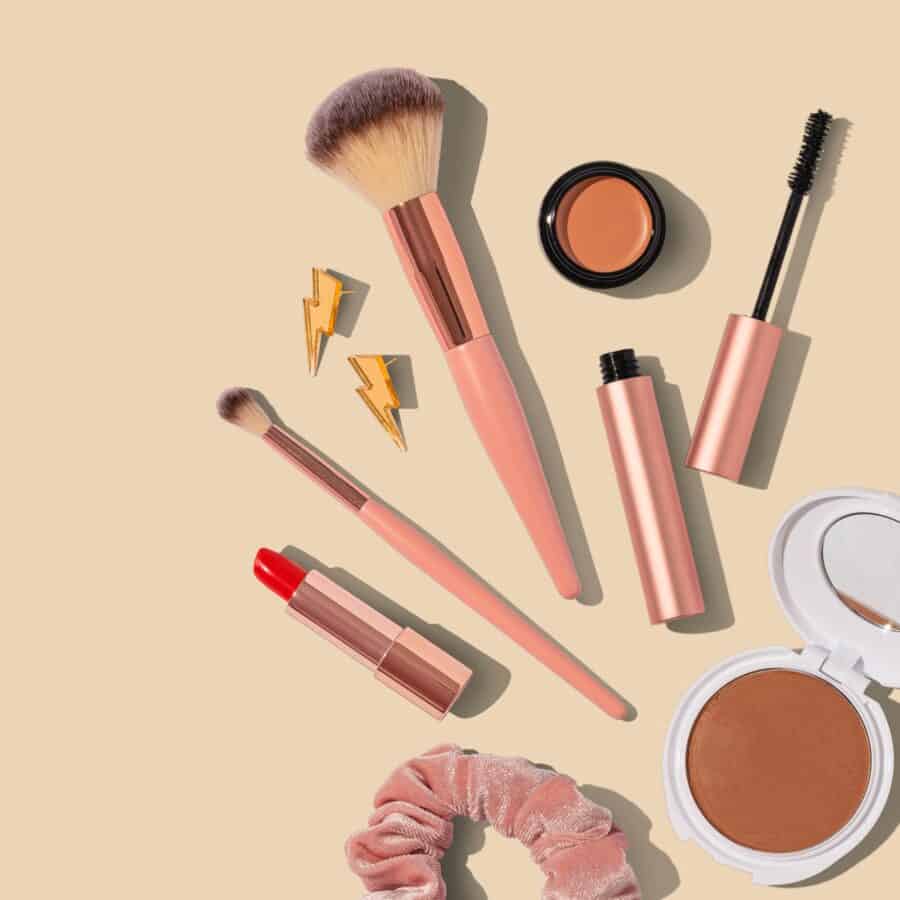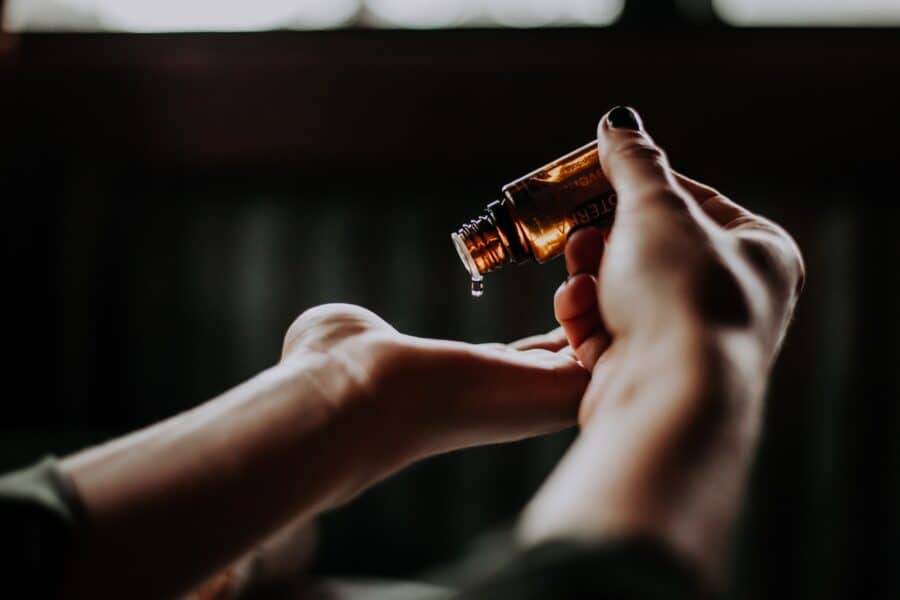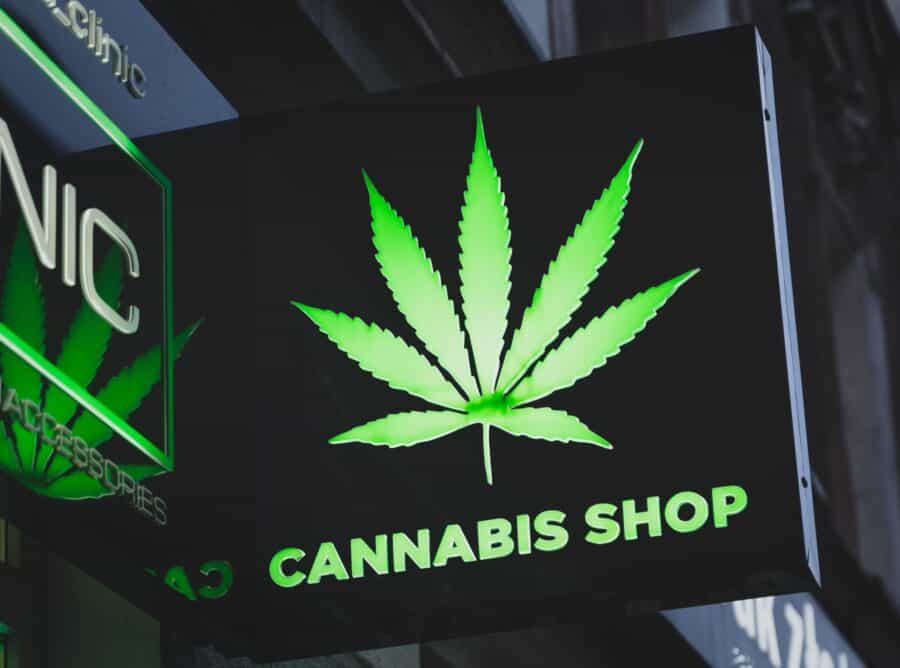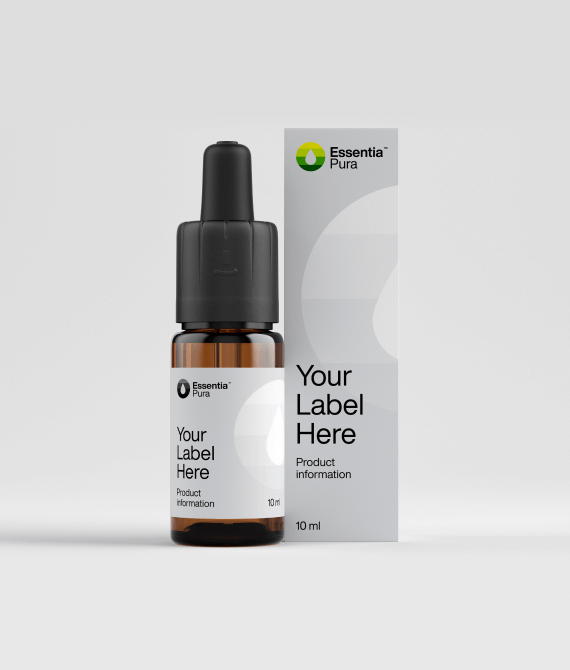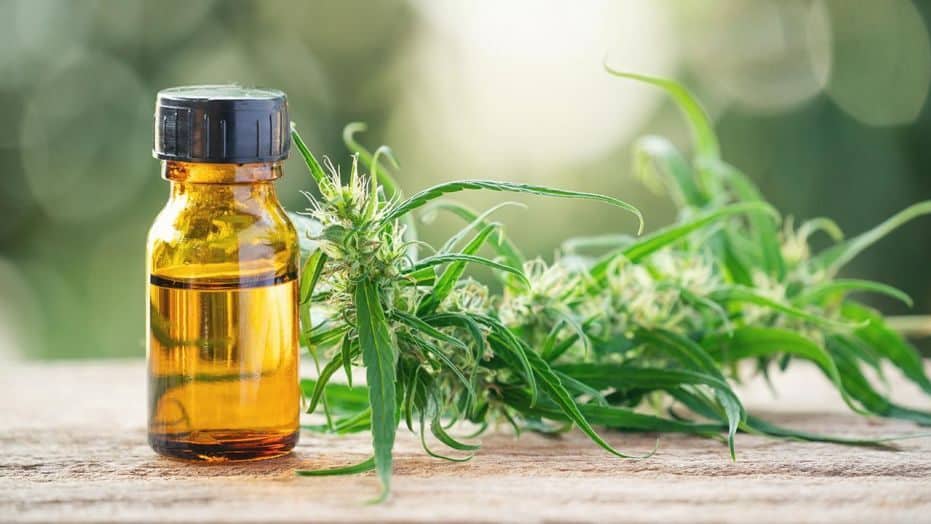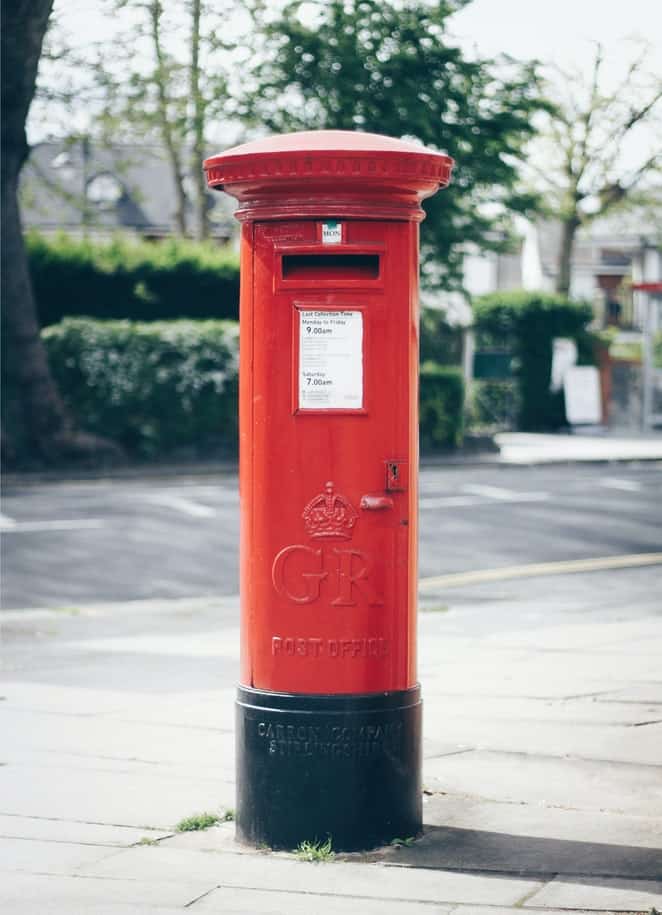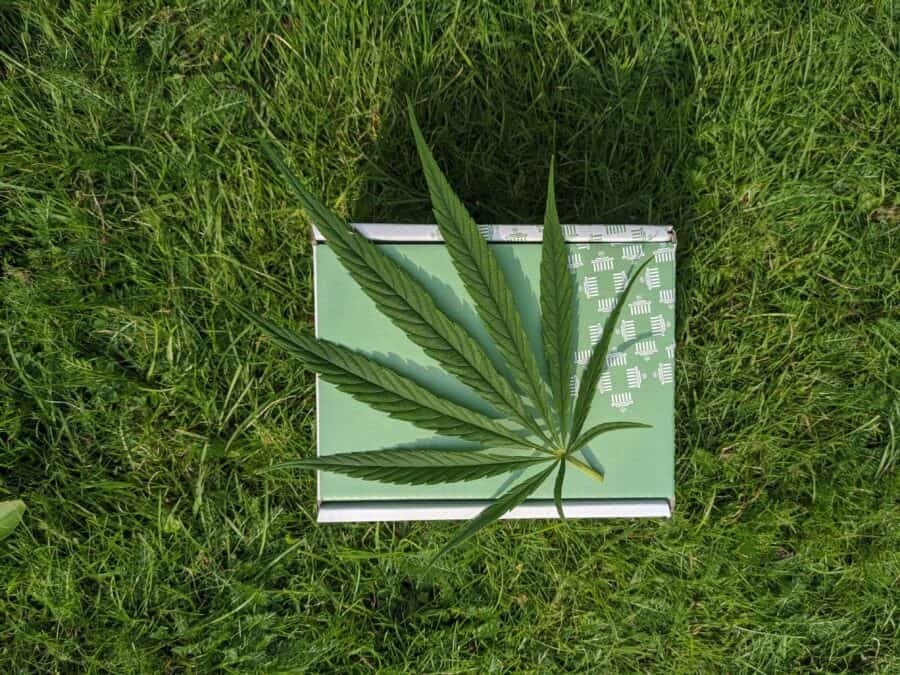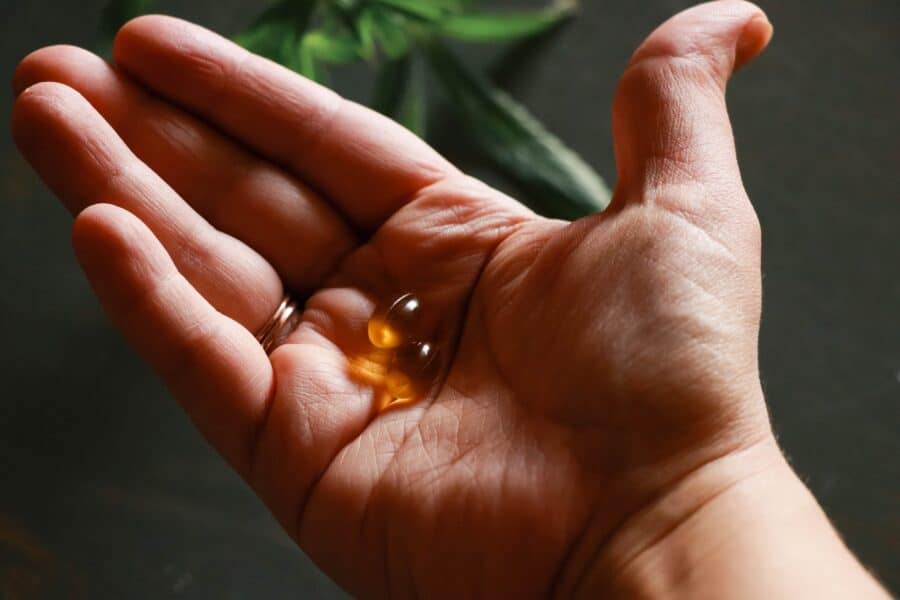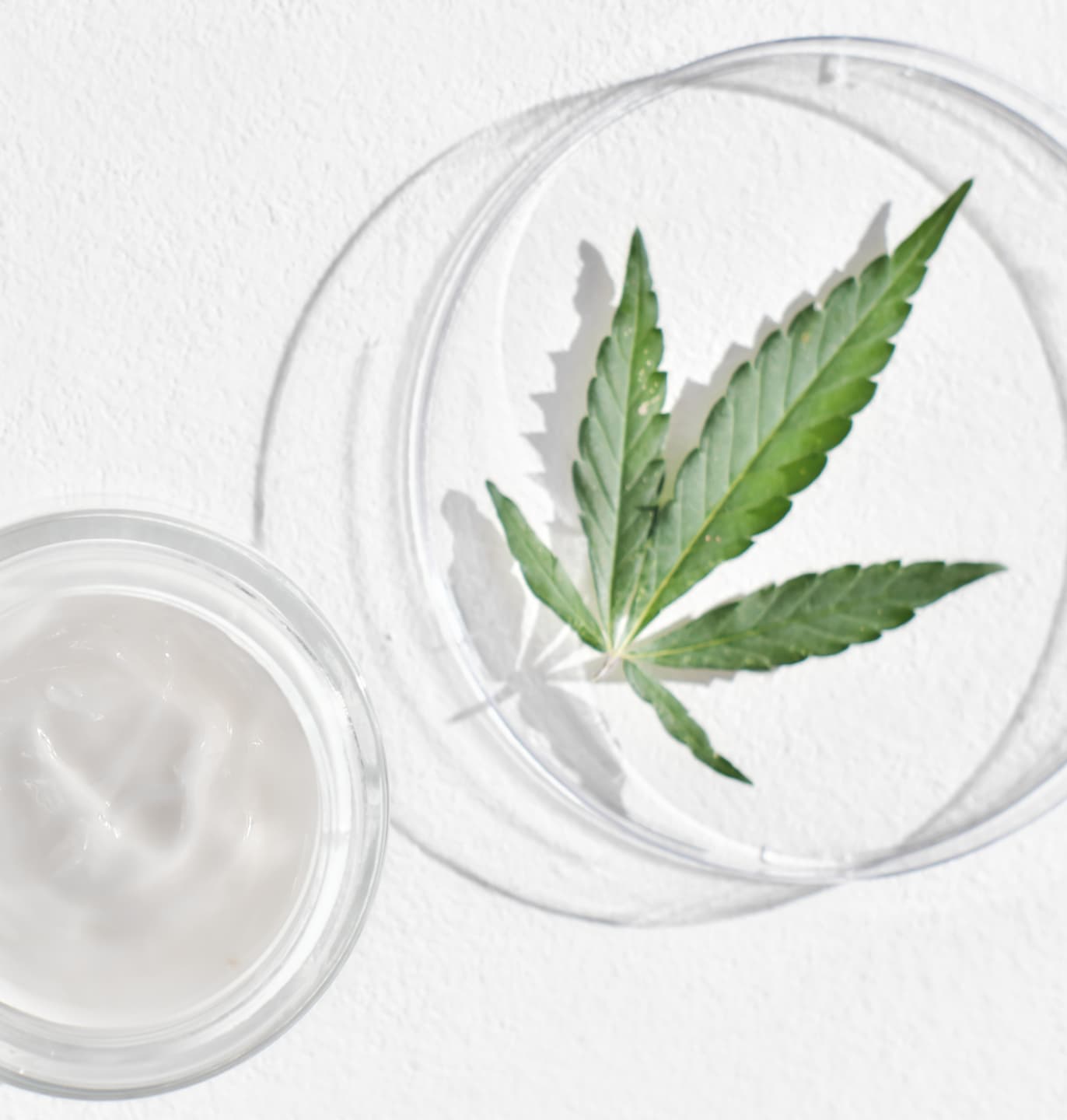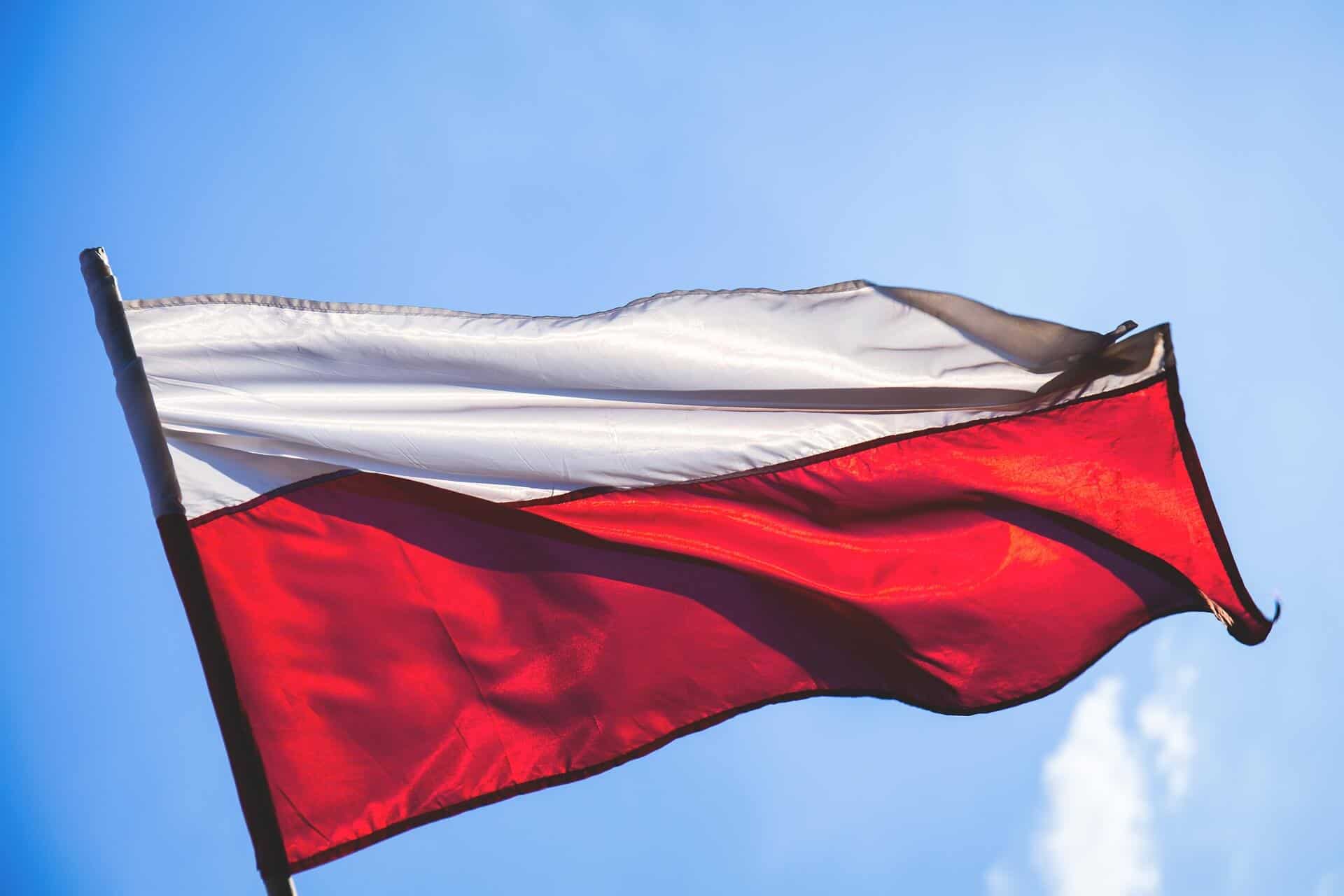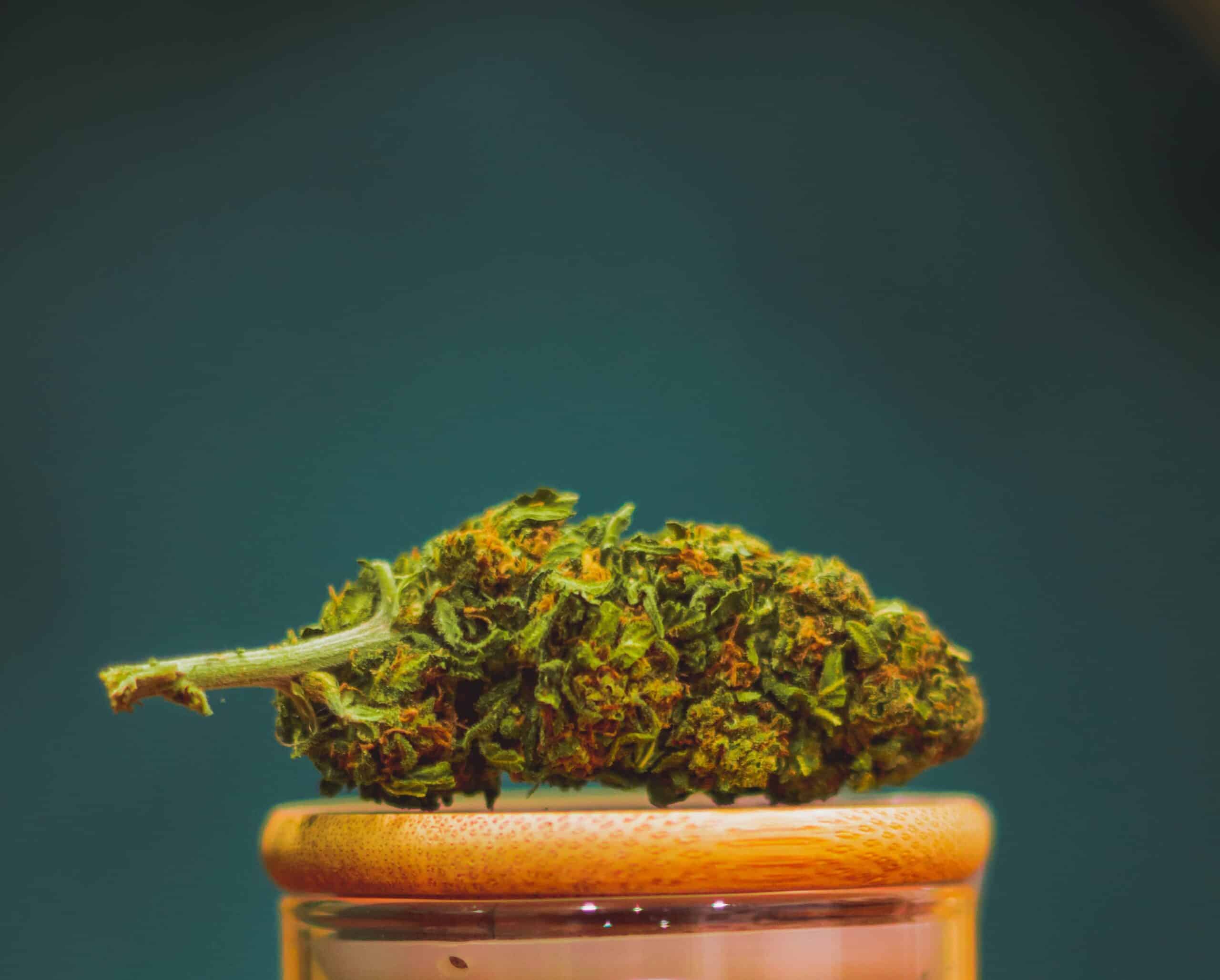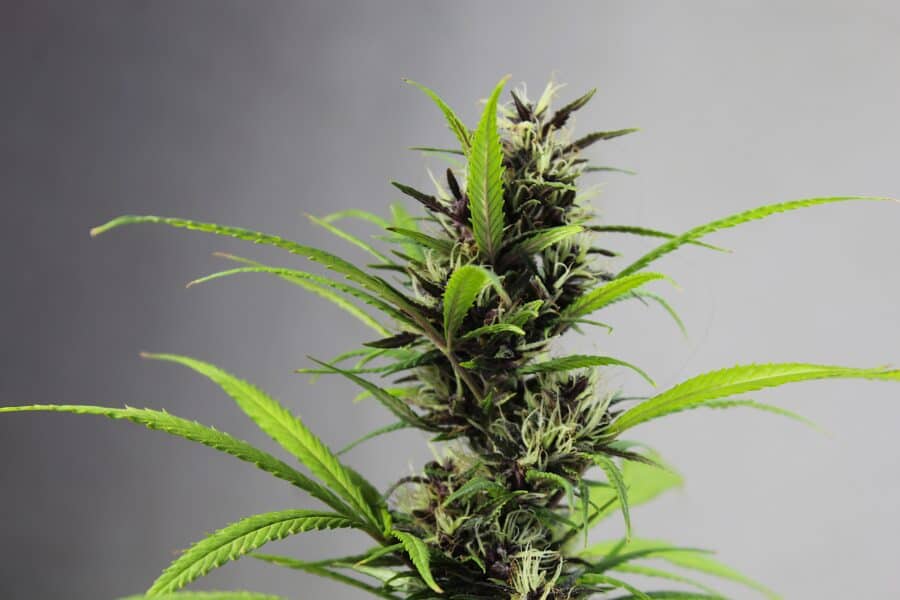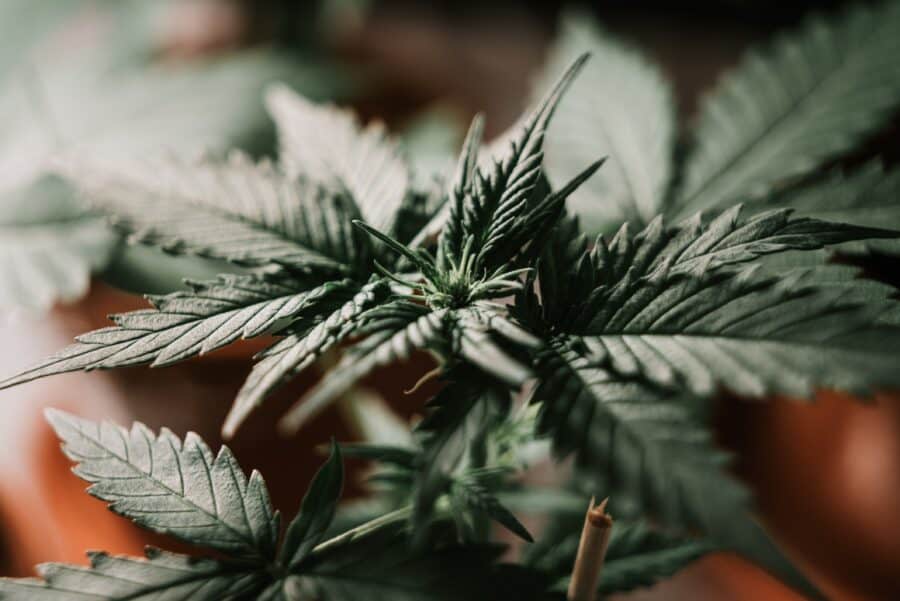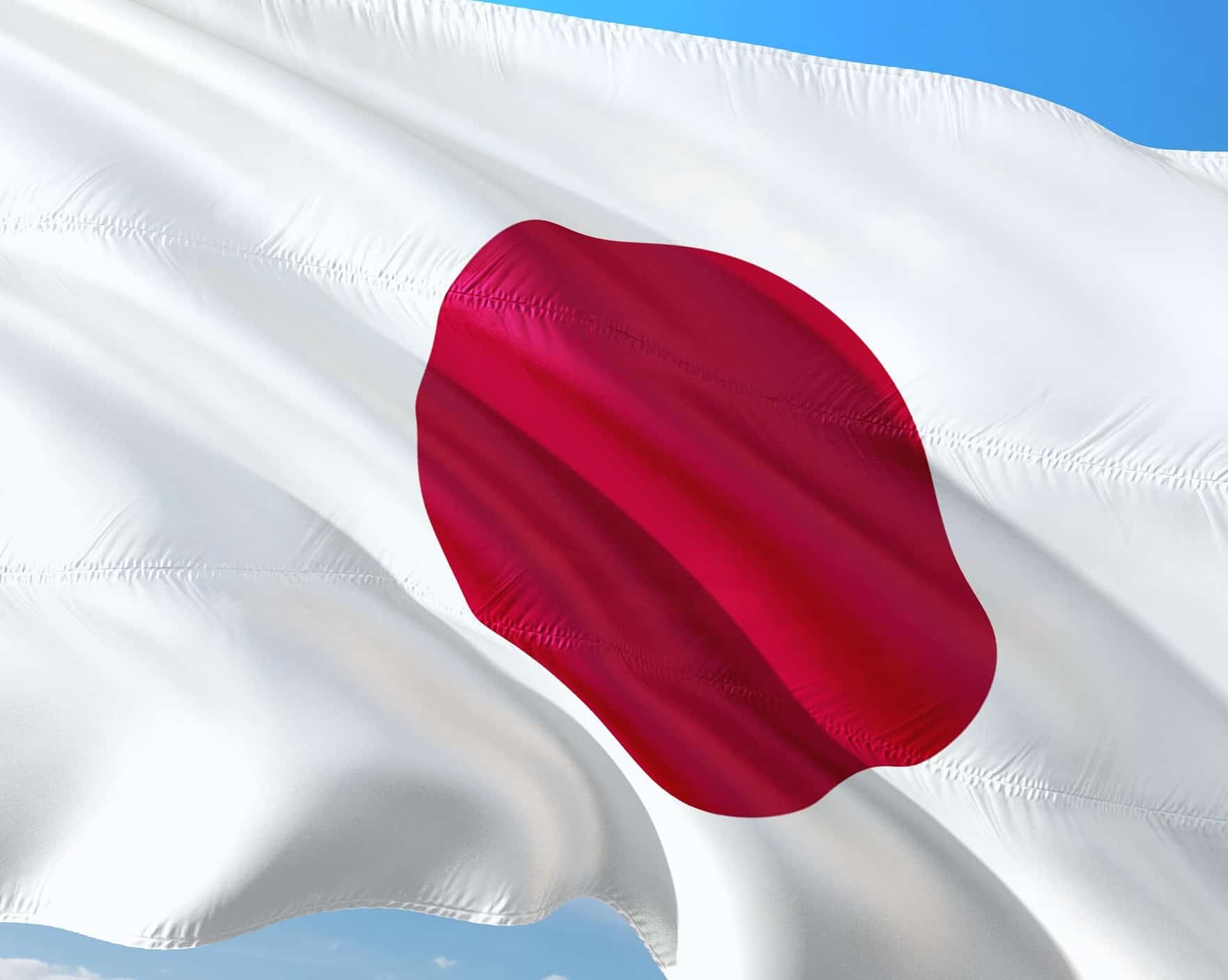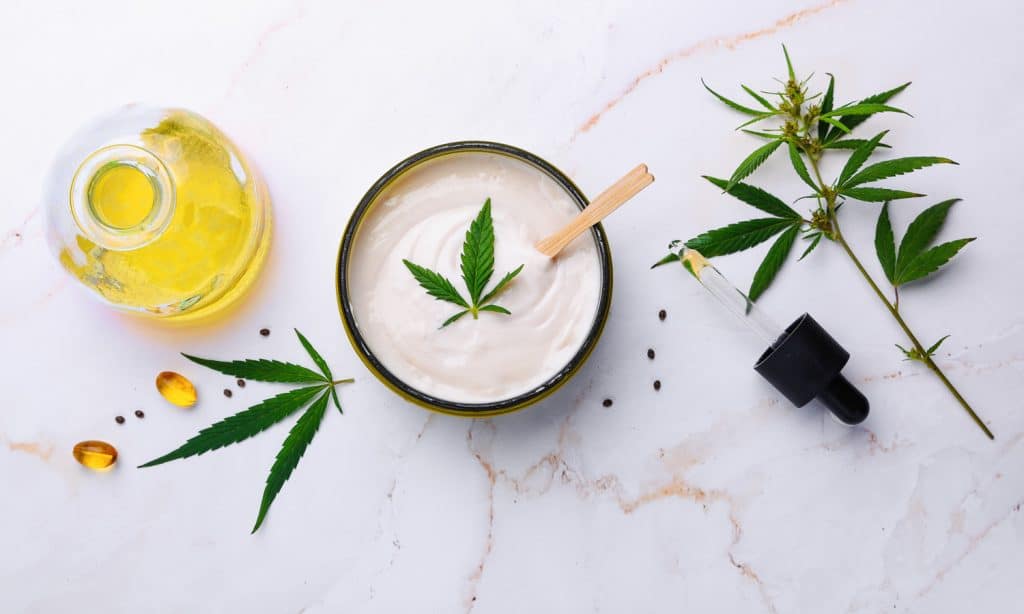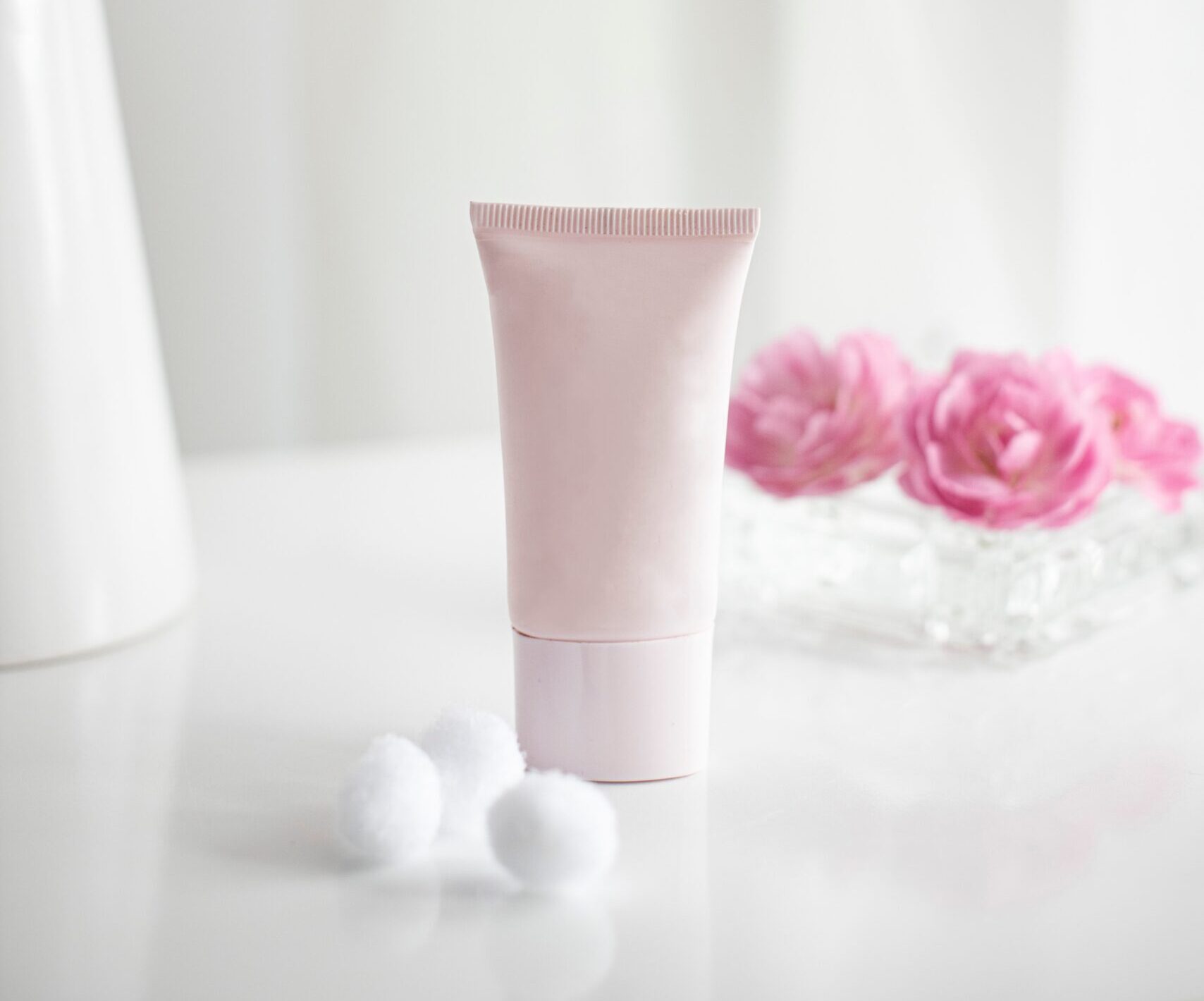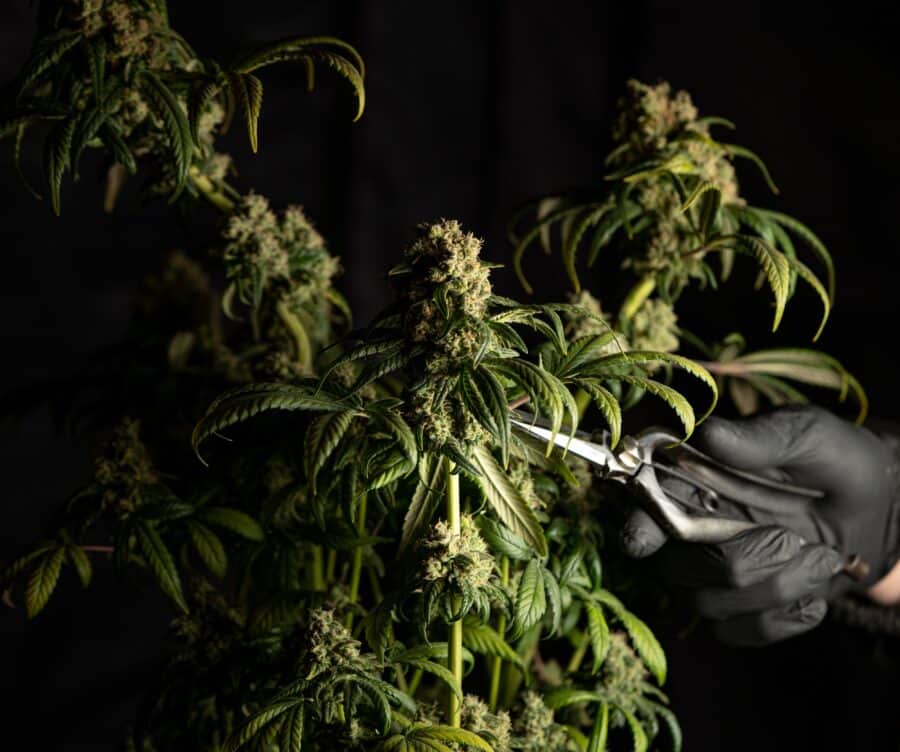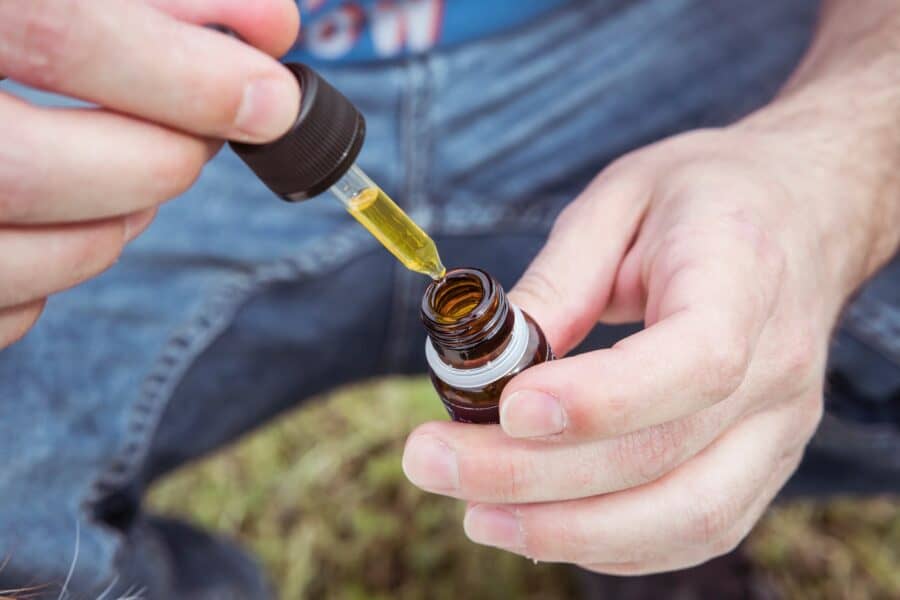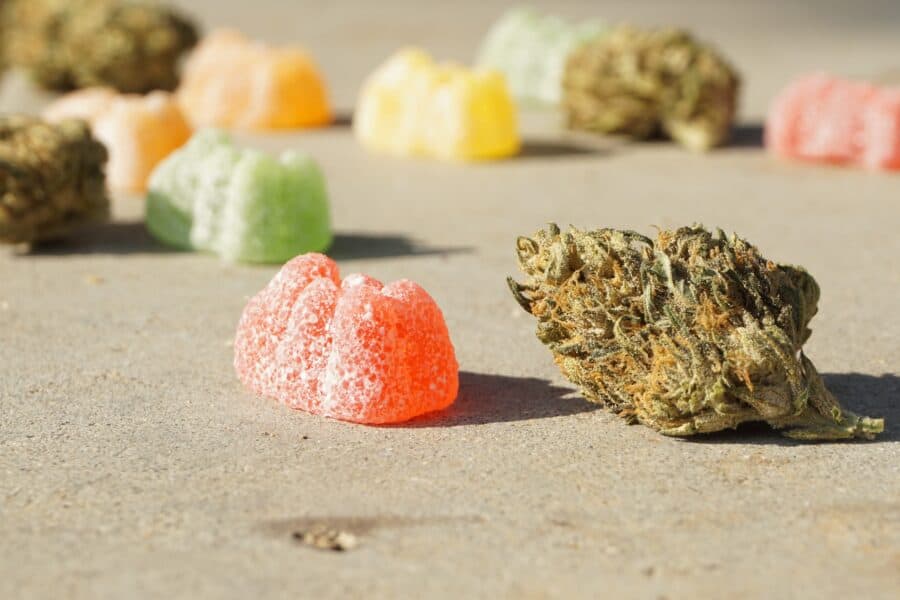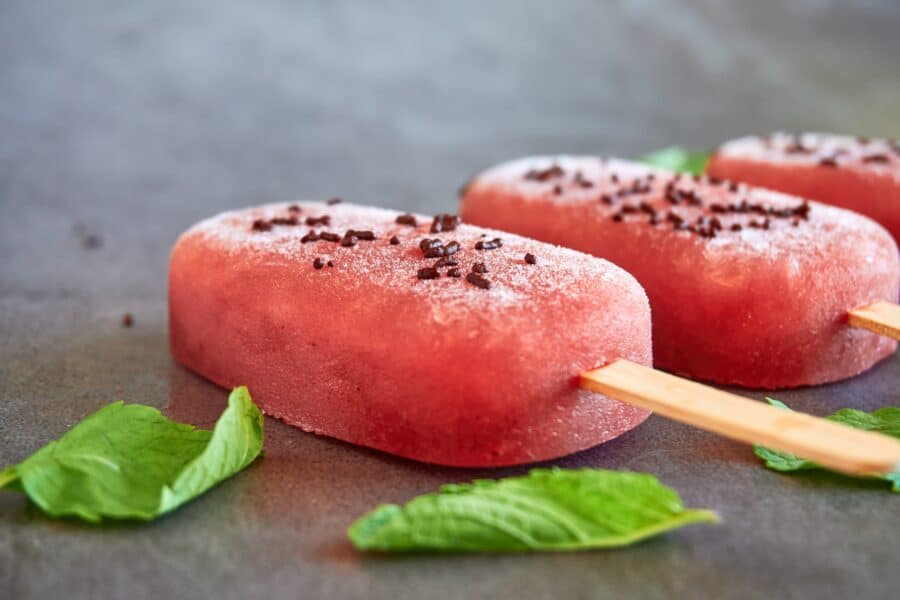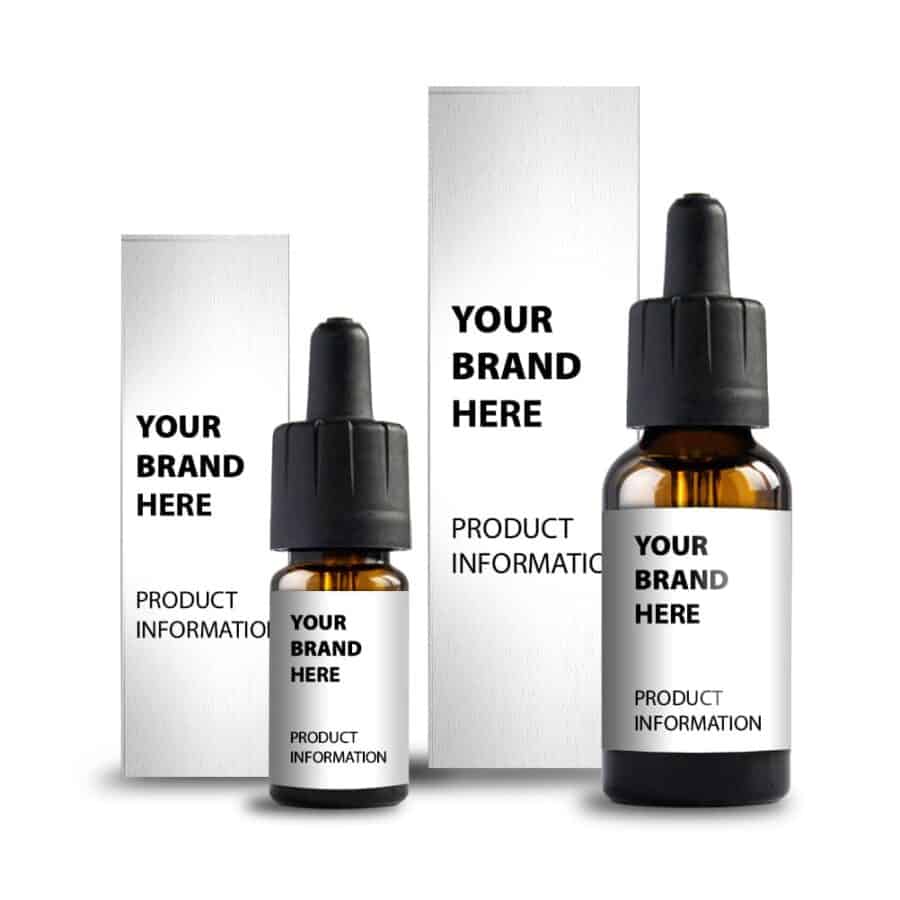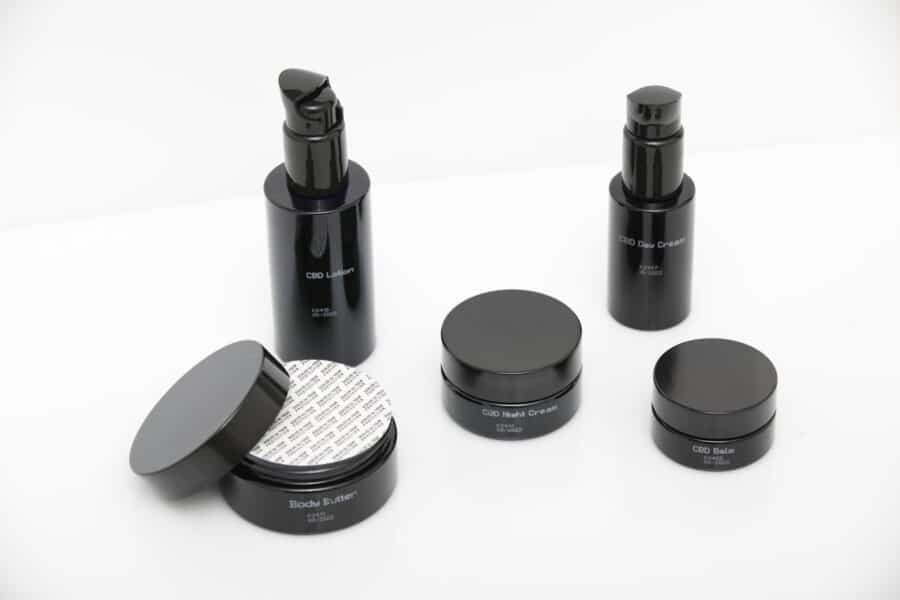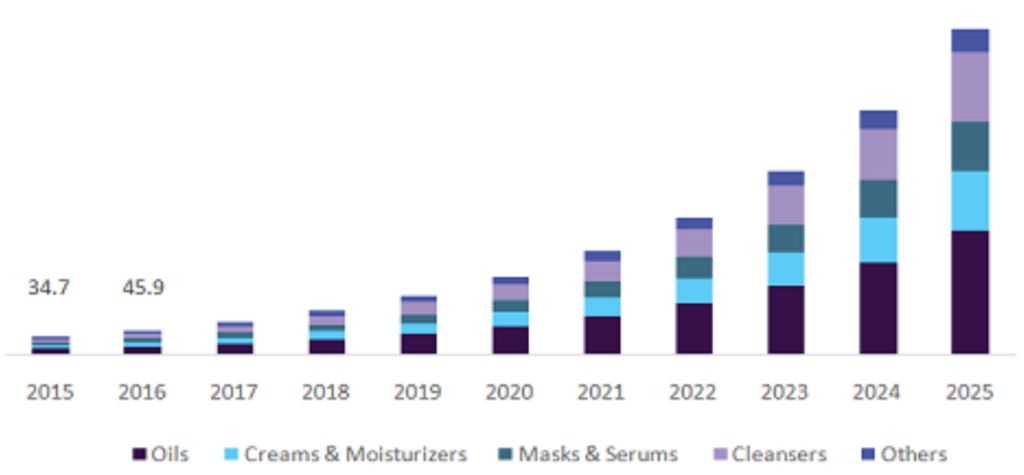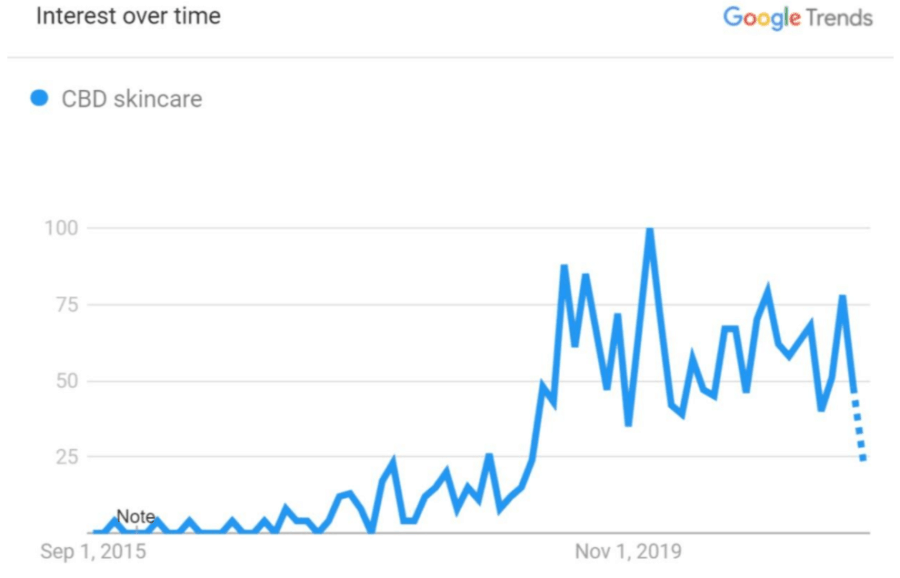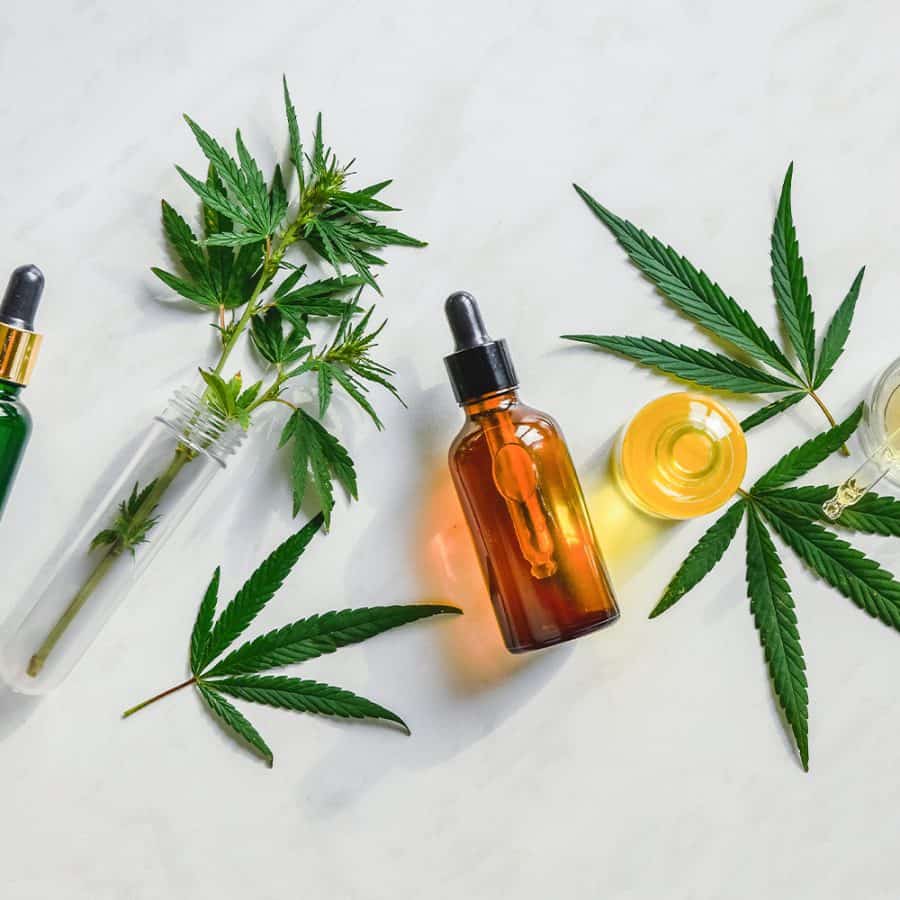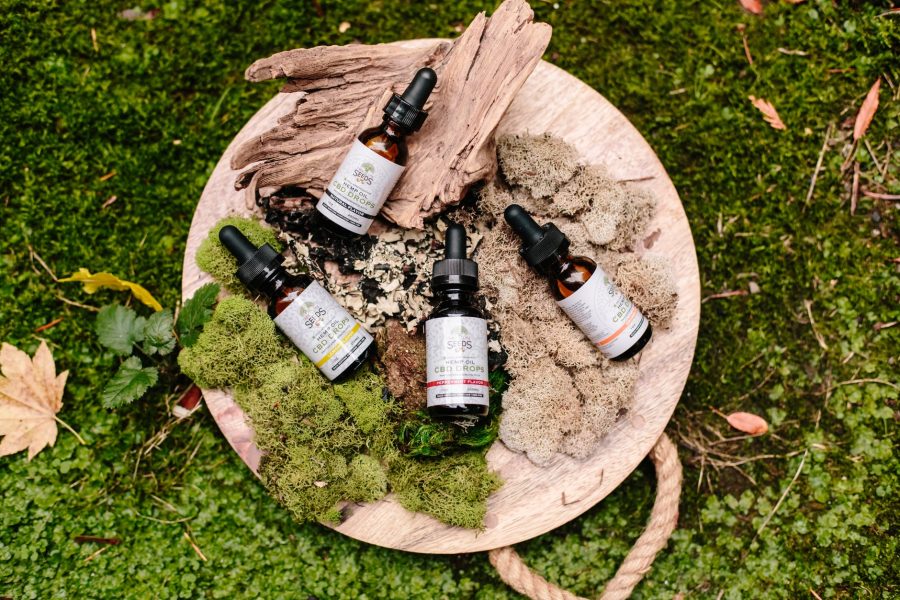CBD Market Analysis: Spain
The CBD market in the EU, including Spain, has been booming for the last decade, yet it remains chaotic as ever. It means that market information is still very sketchy. There are varying views about the total market size.
Thus, there are conservative reports that estimate that size of the European CBD market is perhaps close to just half a billion Euros. On the other hand, there are more encouraging reports estimating that the size of the CBD market is probably already above two billion euros.
When it comes to the information regarding the market of individual countries, it remains even more unclear. However, this creates a significant problem for businesses planning to invest in the CBD market.
There are many reasons for different kinds of information. The CBD market has, till now, lacked clear regulations. Thus, there has been a lack of information about CBD sales in individual markets. However, with the introduction of Novel Food Regulation in the EU, things will change. Entering the CBD market may become tougher, but the market will become more organized.
For those looking to start a CBD business in Spain, it would be encouraging to know that it is a thriving market that is bound to grow quickly. Thus, Spain must be on the radar for anyone looking to start a CBD business.
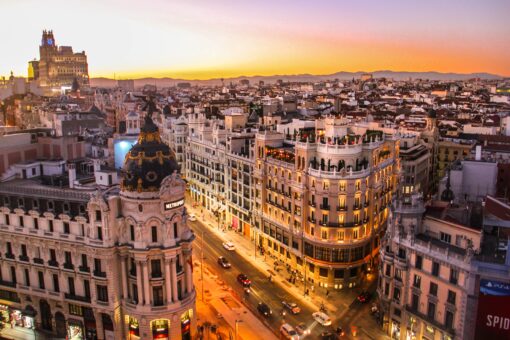
First Off Is CBD Legal in Spain
Yes, CBD is completely legal in Spain. Moreover, Spain has a long history of using cannabis, unlike other EU nations. Additionally, the warm weather of Spain is also suitable for hemp cultivation.
However, there is much disinformation about the legality of CBD in Spain, and there is a reason. Spain is not a centralized nation like many other EU nations. In 2022, 17 autonomous communities and two autonomous cities formed Spain.
The existence of autonomous communities means that the way CBD business regulations may vary significantly in the different parts of Spain.
Till 2019, CBD products could be readily sold in Spain as food additives. However, since then, with the introduction of Novel Food Regulation by the European Commission, the market has become more regulated.
The introduction of Novel Food regulations does not mean that CBD is not legal anymore. It merely means that any CBD product must be pre-authorized or registered as a Novel Food in any of the EU member states.
Authorization of CBD products as Novel Food is a bit challenging and time-consuming process. This has led to the decline in CBD business in most EU nations. But then this decline is just temporary. In the end, it will result in a better-regulated market. Only high-quality CBD producers will stay in the market as they are able to fulfill all the requirements needed for the Novel Food authorization.
Here it is vital to understand that CBD products for topical use and hemp seed oil products can still be readily sold without pre-marketing authorization. It is because topical CBD is not for consumption, and hemp oil is not a Novel Food in the EU.
White Label CBD products
Expand your business, with market-proven, ready-to-launch CBD products. We take care of the product, you do the rest.
White label CBD products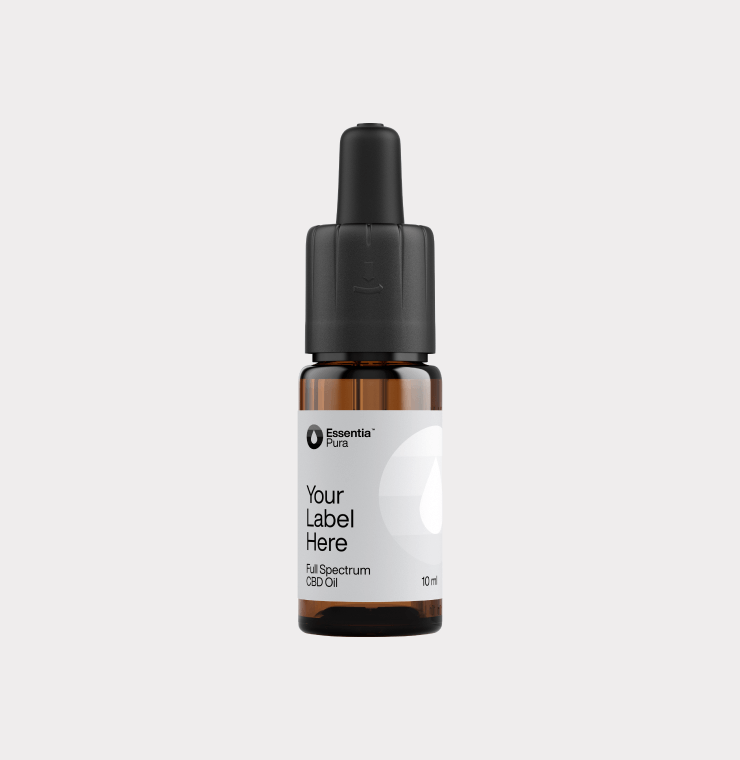
Can CBD Be Taken to Spain
Yes, one can take CBD to Spain, both for personal and commercial use. However, one would need to comply with specific laws. These regulations in Spain are in line with EU-wide requirements.
It means that legally produced CBD product in other EU member state is also legal to import or sell in Spain. Additionally, the product must have Novel Food Authorization in the country of production.
If any other EU nation has not authorized the product as a novel food, one can still take it to Spain, but one would need to apply for Novel Food Authorization locally in Spain.
It generally means that if someone is bringing CBD produced by some good manufacturer in the other parts of the EU, then bringing or selling that product in Spain will not cause significant issues. It is because the manufacturer located in another EU member state would readily be able to provide all the necessary documents needed for legally selling CBD in the country.
However, bringing CBD from outside the EU region may pose a greater challenge. It would mean that one must first register the product as a Novel Food in the nation. This pre-marketing authorization may take some time, but then one can legally sell CBD products in Spain.

Spain’s CBD Oil Market Size
When it comes to the CBD oil market size, it is quite challenging to estimate under present conditions. It is because, since the introduction of Novel Food Authorization, there has been a decline in the number of CBD products readily available. However, this does not result in a decline in CBD sales.
Thus, estimates say that the CBD market in Spain maybe somewhere around 20 million Euros. However, some think it may be much higher, as lots of CBD sales remain unaccounted for in the country. In addition, people are readily able to buy CBD from other EU nations in Spain, where the controls over CBD products are less strict. Thus, the actual market size might be even 3-4 times higher than these estimates.
Most estimates also show that explosive growth in the CBD market will continue for the next several years, or perhaps up to 2030. Thus, CBD business experts believe these are the best times to start a CBD business in Spain when the market is still very nascent.
Custom CBD Formulations With Private Label
Pick our private label service, and together we can develop a unique CBD product customized for your customers.
Discover more here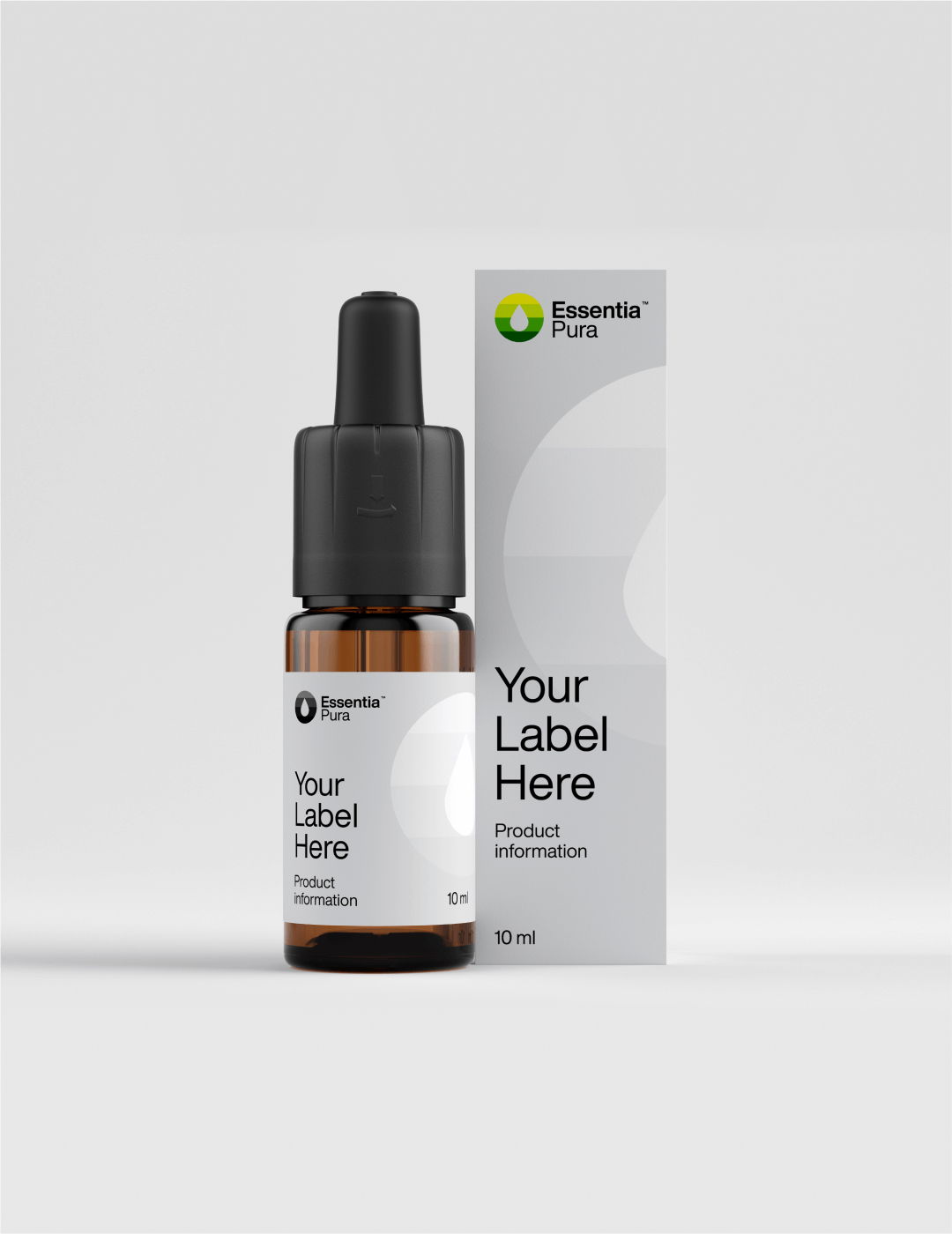
The Top 3 CBD Manufacturers in Spain
Since Spain is relatively a warm nation, its weather conditions are pretty suitable for hemp cultivation. As a result, there are many large and small CBD producers in Spain.
CBD Spain Medicinal Food SL
CBD Spain is one of the oldest CBD producers in the country, and they have been active since 2010. It is a company that both grow cannabis and extracts CBD. It has a much focus on full-spectrum CBD.
Granjacia Hemp Farms
It is another Spain-based company with massive hemp farms and CBD production. They especially focus on growing or cultivating hemp for other organizations on a contract basis. Additionally, they have a significant range of topical CBD products.
Essentia Pura
We are not precisely Spain based company as we are located in Slovenia. However, unlike Spain-based companies, our focus is not on hemp cultivation but rather on crafting the best CBD products for pan-European needs. We can offer CBD isolate, broad-spectrum distillate, water-soluble CBD products, and more. We offer both white labeling and private labeling services.
We can help you get started with your CBD business in Spain and beyond.
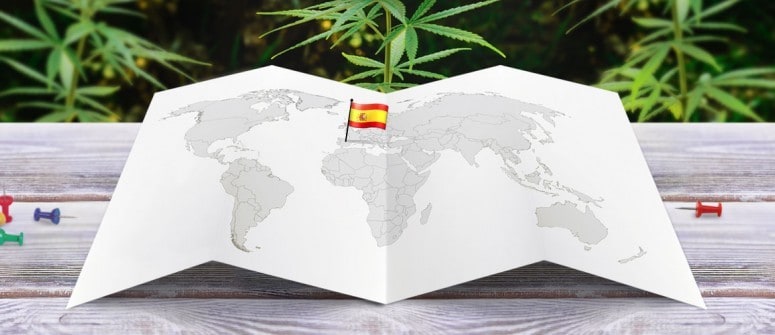



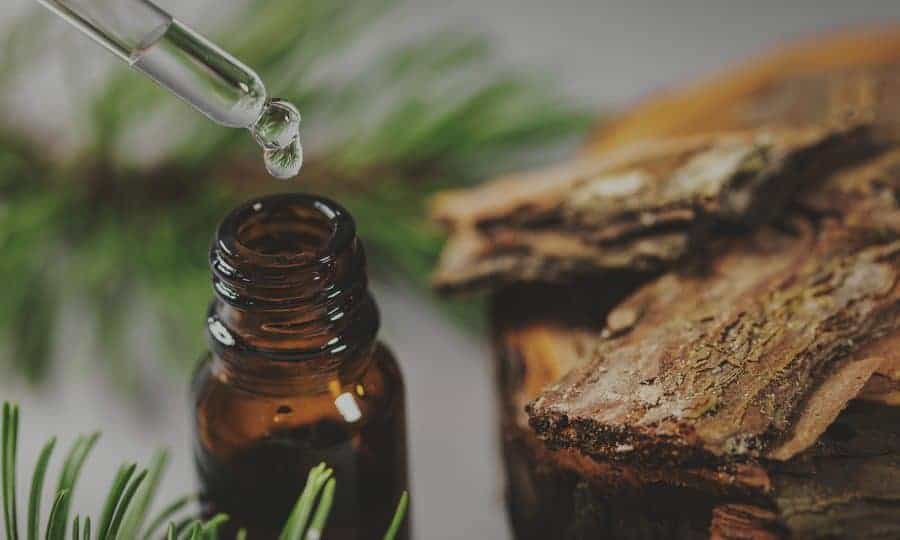
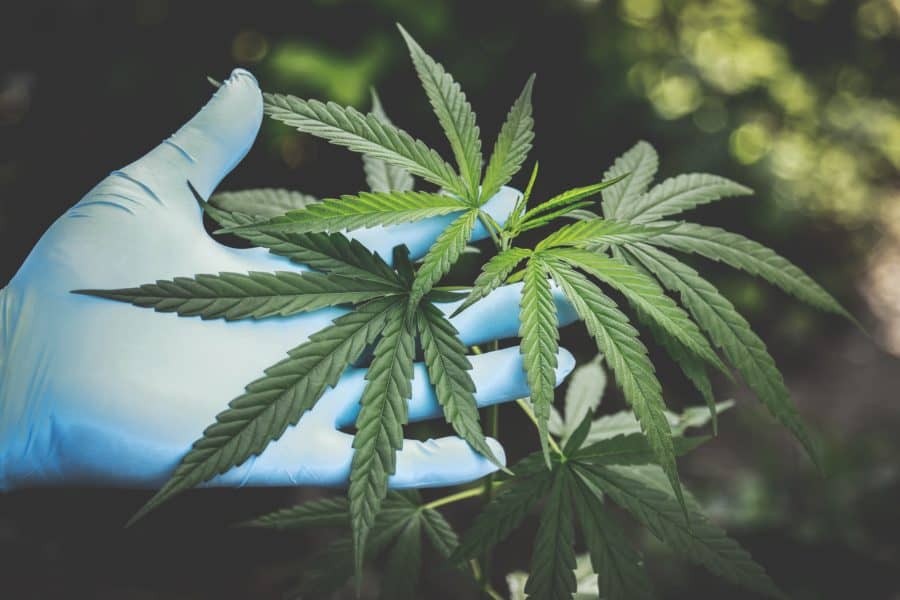


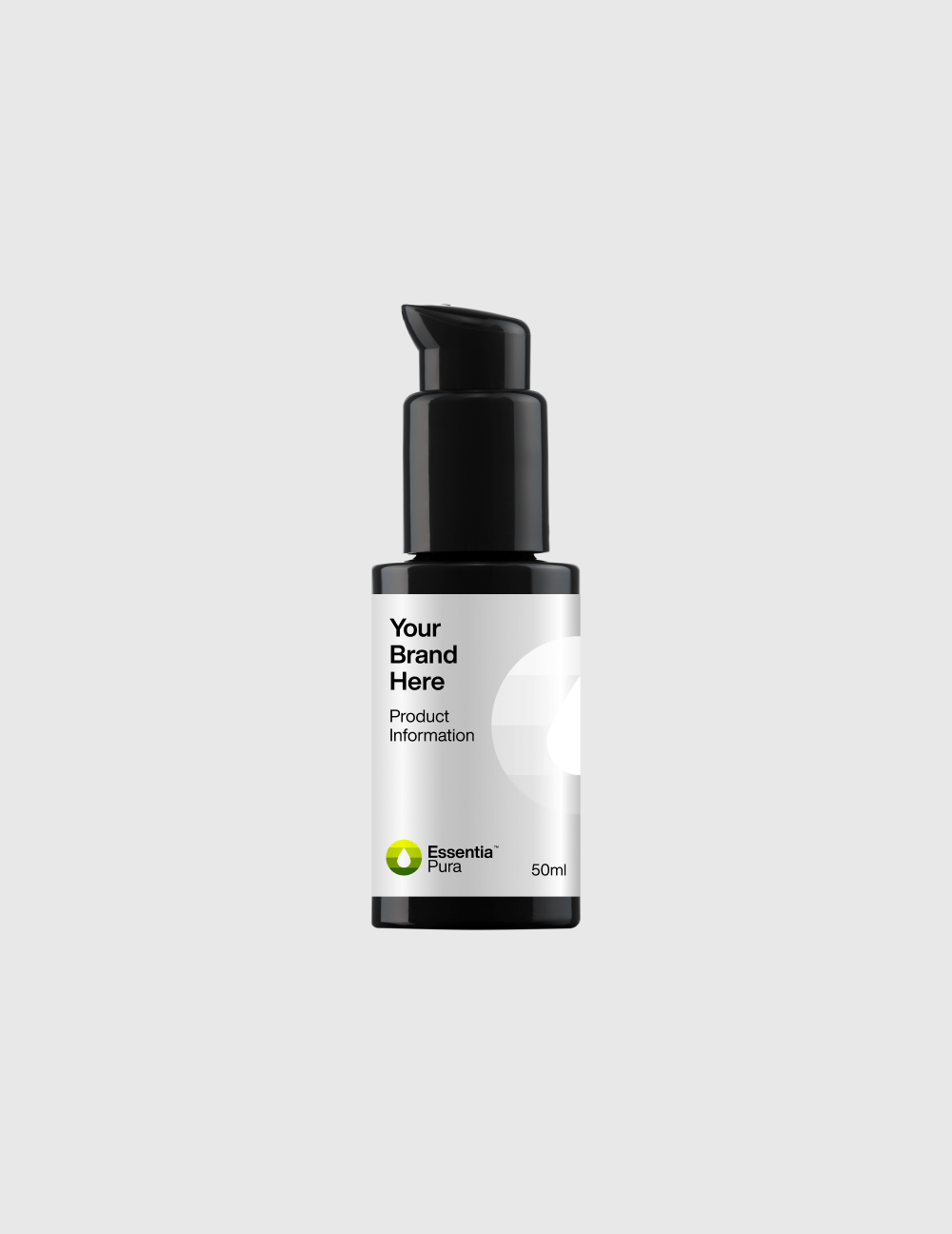


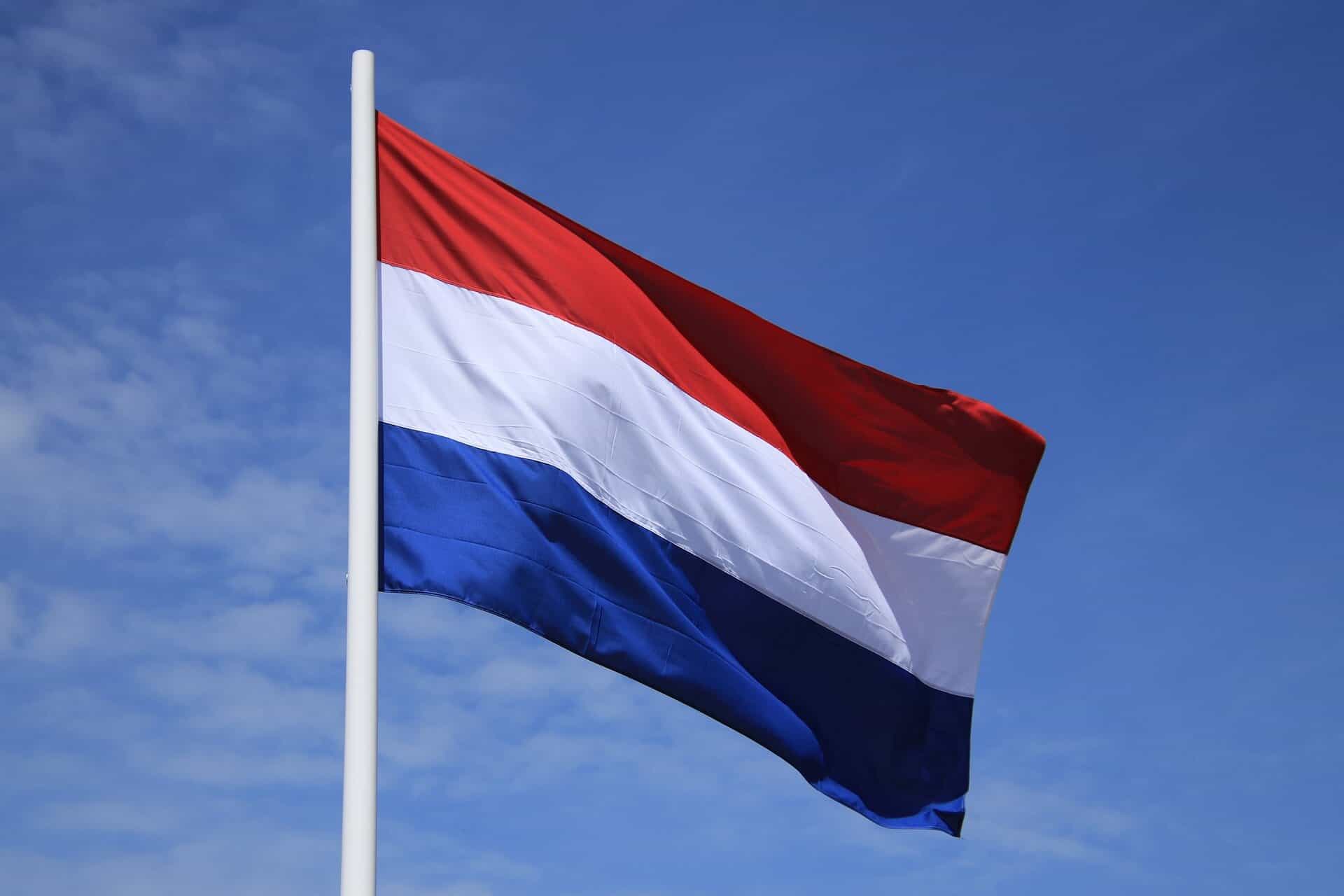


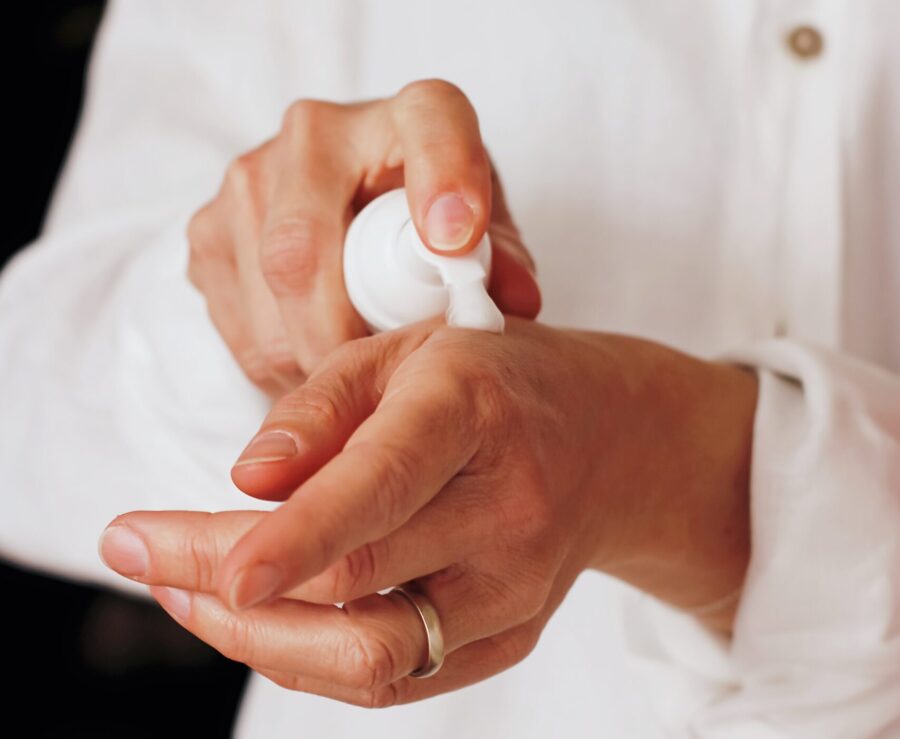
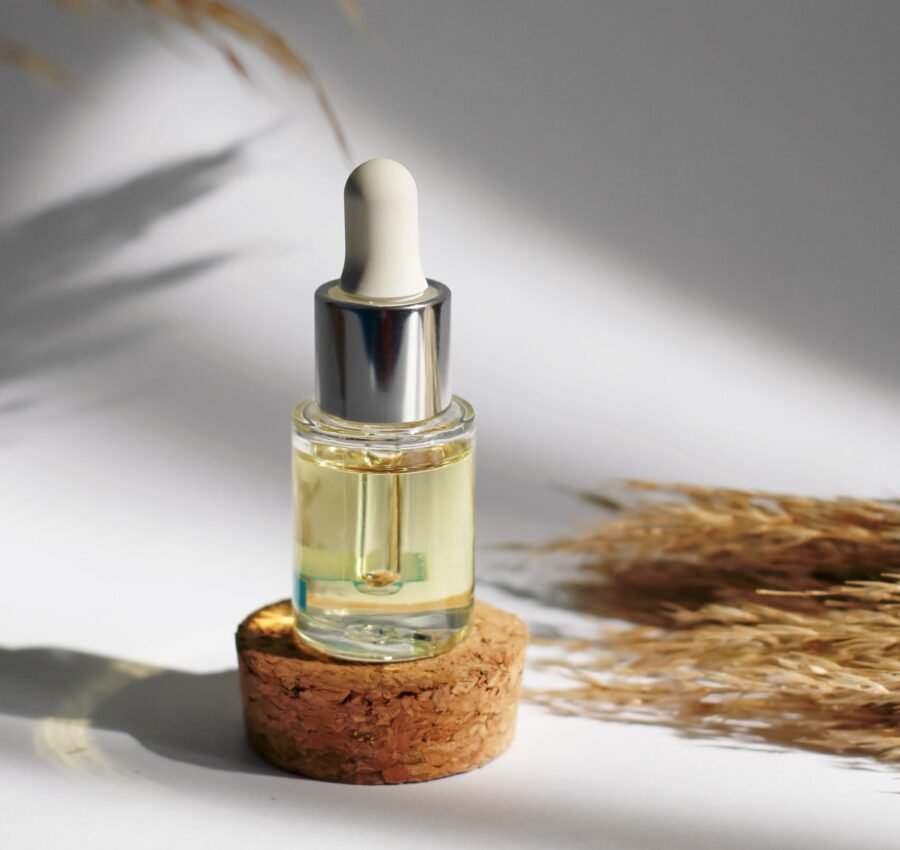
 organic beauty cosmetics are
organic beauty cosmetics are 